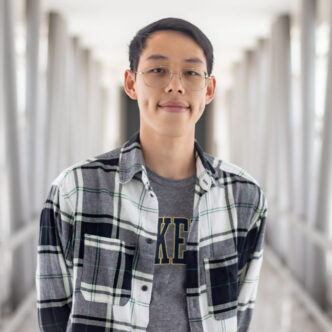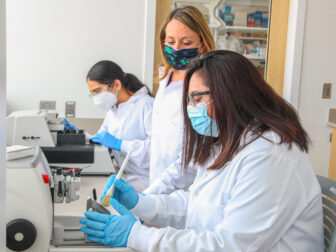Yung Yi “Michael” Hsiao, MS

Learning From Psychedelics: Reprogramming the Brain to Be Flexible
Summary
For neuropsychiatric conditions such as depression and post-traumatic stress disorder (PTSD), the problem stems from the brain’s inability to adapt to change. Selective serotonin reuptake inhibitors (SSRIs), commonly used antidepressants, can alleviate symptoms temporarily, but could psychedelics be a long-term solution? A single dose of psychedelics has been shown to alter the way our brain thinks for years, but we don’t yet know the underlying changes inside the billions of neurons in our brain that allow for this to occur. My research aims to find the long-term changes in gene expression inside the individual neurons in our brain. We hope to learn from psychedelic medicine to create better drug targets. Using up-and-coming gene therapy tools such as CRISPR, I will look to replicate the therapeutic benefits of psychedelics by mimicking the gene expression changes — psychedelics without the negative side effects, if you will. We are also developing ways to package and deliver our gene therapy tools to the brain inside little protective spheres called nanoparticles, similar to how the COVID-19 vaccines worked.
It is an incredible honor to have been awarded the PhRMA Foundation Predoctoral Fellowship in Drug Discovery to support my research in the emerging field of psychedelic-inspired medicine. My goal is to not only understand the basic science behind psychedelic-induced plasticity, but to revolutionize the use of psychedelics as a therapeutic in treating defective plasticity in the brain.
